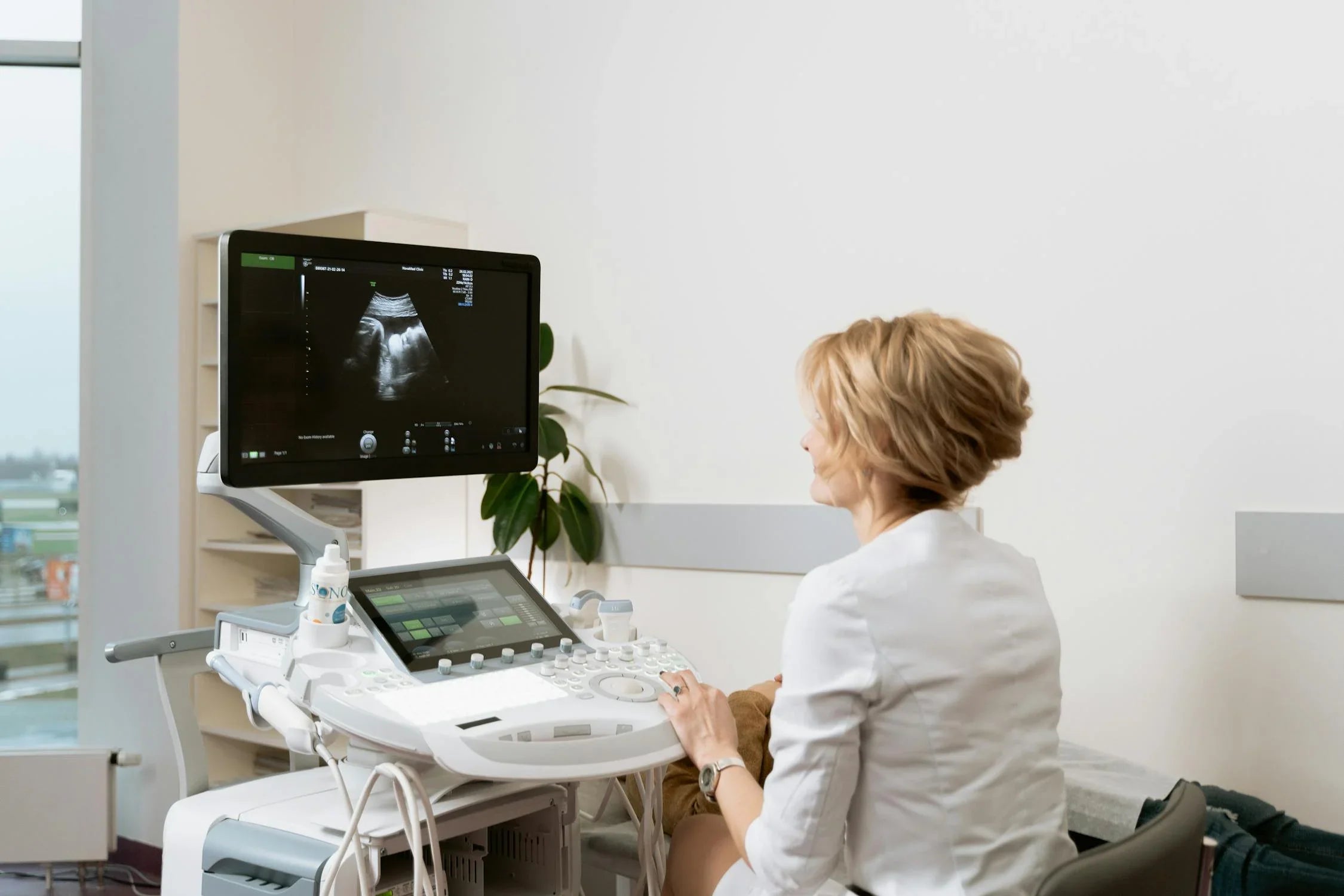Home
Pregnancy, Breastfeeding, and Pumping: The Ultimate Guide for Moms
How Early for a Pregnancy Test: What You Need to Know

How Early for a Pregnancy Test: What You Need to Know
When it comes to finding out if you're pregnant, timing is everything. Taking a pregnancy test too early can lead to inaccurate results, leaving you with more questions than answers. So, how early for a pregnancy test is too early? Let's dive into the details to help you understand when and how to take a pregnancy test for the most reliable results.
Understanding Pregnancy Tests
Pregnancy tests detect the presence of human chorionic gonadotropin (hCG), a hormone produced during pregnancy. This hormone is released when a fertilized egg attaches to the uterine lining. The levels of hCG increase rapidly in the early stages of pregnancy, doubling every 48 to 72 hours.
There are two main types of pregnancy tests: urine tests and blood tests. Urine tests are the most common and can be done at home, while blood tests are conducted in a medical setting and can detect pregnancy earlier than urine tests.
How Early Can You Take a Pregnancy Test?
The timing of a pregnancy test depends on the sensitivity of the test and the regularity of your menstrual cycle. Most home pregnancy tests claim to detect pregnancy as early as the first day of a missed period. However, some tests are more sensitive and can detect lower levels of hCG, potentially giving you accurate results a few days before your missed period.
If you have irregular periods or are unsure when your next period is due, it may be more challenging to determine the best time to take a pregnancy test. In such cases, waiting at least 21 days after unprotected intercourse is recommended to ensure accurate results.
Factors Affecting Test Accuracy
Several factors can influence the accuracy of a pregnancy test, including the timing of the test, the sensitivity of the test, and how the test is used. Taking a test too early, before hCG levels have had a chance to rise sufficiently, can result in a false negative. Conversely, certain medications or medical conditions can cause false positives.
To maximize accuracy, follow the instructions provided with the test carefully. Use the first urine of the day, as it is more concentrated and likely to contain higher levels of hCG. Additionally, avoid drinking excessive fluids before taking the test, as this can dilute your urine and affect the results.
What to Do After Taking a Pregnancy Test
If your pregnancy test is positive, it's important to confirm the result with a healthcare provider. They can perform a blood test or ultrasound to confirm the pregnancy and provide guidance on next steps. If the test is negative but you still suspect you might be pregnant, wait a few days and retest. hCG levels increase rapidly in early pregnancy, so a negative result may turn positive in a short time.
Regardless of the result, it's essential to take care of your physical and emotional well-being. If you're trying to conceive, consider tracking your menstrual cycle and ovulation to increase your chances of pregnancy. If you're not planning to become pregnant, discuss contraception options with your healthcare provider.
Common Questions About Pregnancy Tests
Many people have questions about pregnancy tests, especially when it comes to timing and accuracy. Here are some of the most frequently asked questions:
- Can a pregnancy test be wrong? Yes, both false positives and false negatives can occur, though they are relatively rare.
- How soon after implantation can I take a pregnancy test? Implantation typically occurs 6 to 12 days after ovulation, and hCG levels rise shortly after. Most tests can detect pregnancy within a few days of implantation.
- Can medications affect pregnancy test results? Certain medications, such as those containing hCG, can cause false positives. Always inform your healthcare provider of any medications you're taking.
Tips for Accurate Results
To ensure the most accurate results from your pregnancy test, follow these tips:
- Read the instructions carefully and follow them precisely.
- Use the first urine of the day for the test.
- Avoid drinking excessive fluids before taking the test.
- Wait the recommended amount of time before reading the results.
- If in doubt, retest after a few days or consult a healthcare provider.
By following these guidelines, you can increase the likelihood of obtaining a reliable result and reduce the stress associated with uncertainty.
Finding out if you're pregnant can be an emotional and life-changing moment. Knowing how early for a pregnancy test to take one and understanding the factors that affect its accuracy can help you navigate this journey with confidence. Whether you're hoping for a positive result or not, being informed and prepared is the best way to approach this important step in your life.
Share

